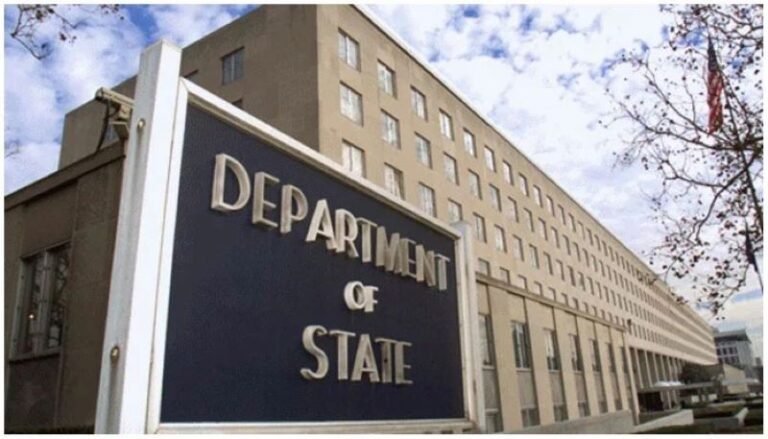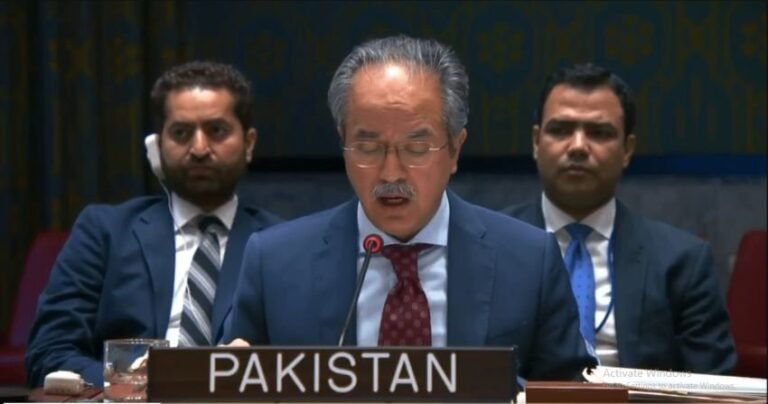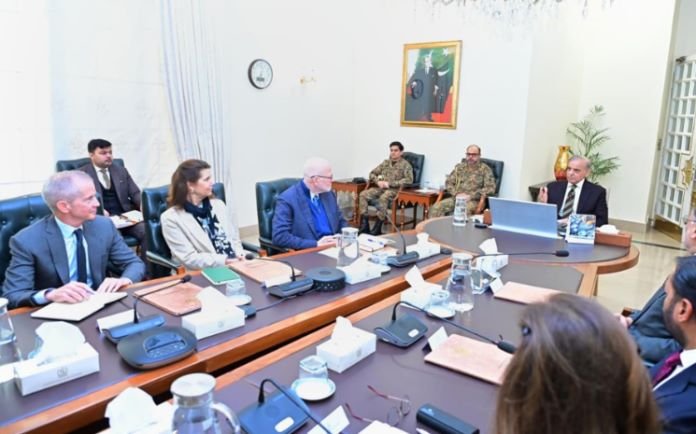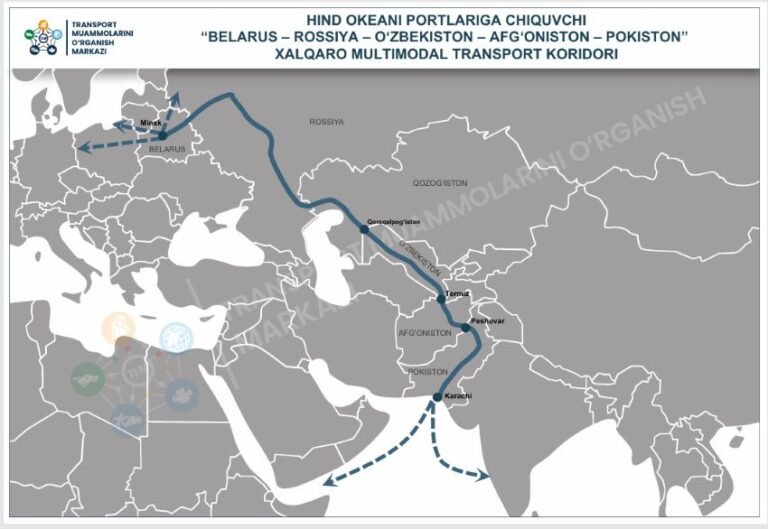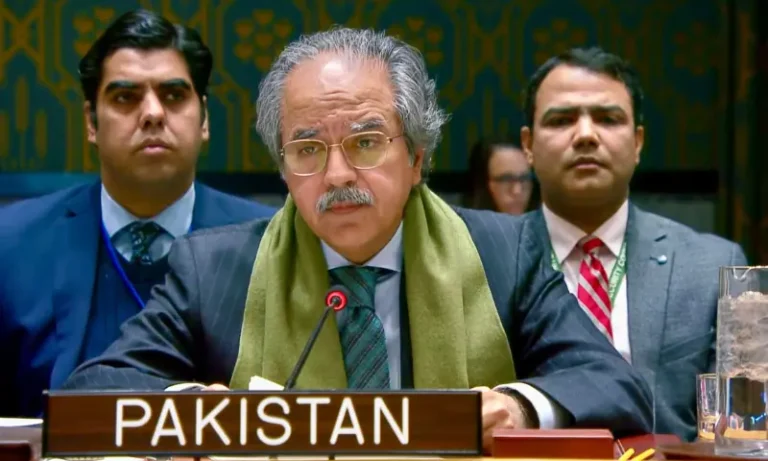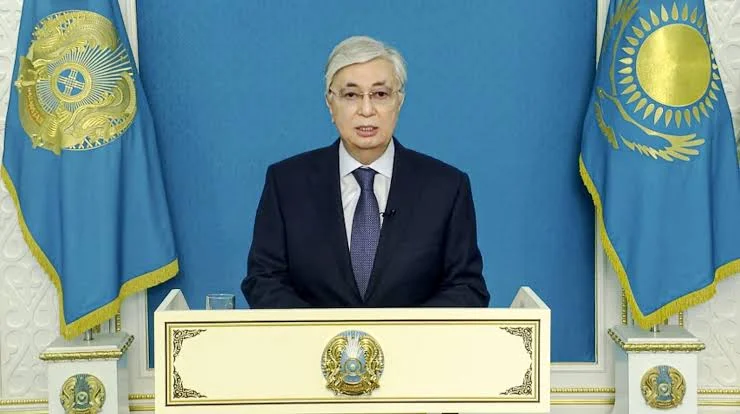In the world of international politics and military strategy, truth is often the first casualty. Throughout history, powerful states have used deception to shape narratives, justify aggression, and manipulate public sentiment. One of the most notorious tools of such manipulation is the false flag operation.
What is a False Flag?
A false flag is a covert operation designed to deceive. The idea is simple yet dangerous: a country carries out an attack or act of sabotage and blames it on another, usually an enemy, to justify war or gain public support for aggressive policies.
The term originated in the 16th century when pirates would sail under the flag of a friendly nation to trick merchant ships. Once close enough, they would raise their true flag and launch an attack. In modern times, the strategy remains the same—only the battlegrounds and flags have changed.
The Gleiwitz Incident
Perhaps one of the most notorious examples of false flag is the Gleiwitz Incident of 1939. Nazi operatives, dressed in Polish military uniforms, staged an attack on a German radio station near the Polish border. The attackers left behind the body of a concentration camp prisoner dressed as a Polish soldier, making it seem as though Poland had attacked Germany.
This fabricated event provided Adolf Hitler with the “evidence” he needed to justify the invasion of Poland, which officially triggered the Second World War.
Operation Northwoods
During the Cold War, the US Department of Defense proposed Operation Northwoods, a plan to stage terrorist acts against American civilians and military targets and blame them on Cuba. The idea was to justify military intervention in Cuba and oust Fidel Castro. Fortunately, the plan was rejected by President John F. Kennedy and never came to fruition—but it remains a chilling reminder of how close democratic nations have come to considering such tactics.
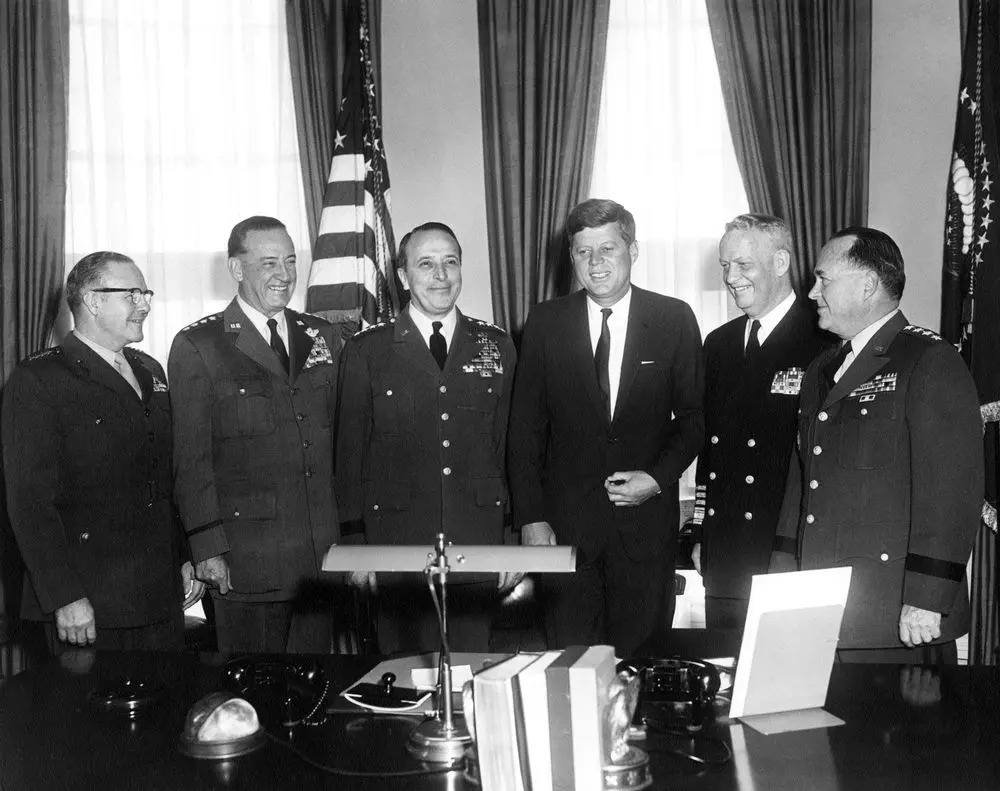
But the false flag operations aren’t just historical relics or Western plots. In South Asia, Pakistan has consistently been a victim of such tactics, where incidents have been manipulated to create a negative international narrative or justify military escalation.
The Pulwama Attack and Balakot Airstrike
Just weeks before India’s general elections, a suicide bombing killed Indian paramilitary personnel in Pulwama. Without any credible proof, blame was immediately cast on Pakistan. This gave India an excuse to launch airstrikes inside Pakistani territory—a violation of sovereignty. Pakistan, in a mature response, shot down Indian aircraft and captured a pilot, later returning him peacefully.
Interestingly, even some Indian opposition leaders and journalists questioned the timing and political use of the Pulwama attack, suggesting it was used to stir nationalist emotions ahead of elections.
Pahalgam Attack (2025)
Moreover, on April 22, 2025, gunmen opened fire on a group of tourists in the Baisaran Valley near Pahalgam, Indian-administered Kashmir, killing 26 people—mostly Hindu tourists.
In the immediate aftermath, the Indian government swiftly accused Pakistan of supporting the attackers, despite Pakistan’s categorical denial of involvement. Pakistani Defence Minister Khawaja Muhammad Asif called for an international investigation into the incident, emphasizing Pakistan’s willingness to cooperate with global investigators to uncover the truth.

The incident has led to heightened tensions between the two nuclear-armed neighbors, with India suspending the Indus Waters Treaty and Pakistan responding with reciprocal measures.
False flags aren’t just a Western phenomenon. In South Asia, a region brimming with geopolitical tension, several high-stakes events have carried the smell of staged or manipulated narratives. From Pulwama episode to the Pahalgam attack, history shows how conveniently-timed violence can redirect public attention, justify military action, and even swing elections.
In regions where media is powerful but often politically influenced, and where mistrust between nations runs deep, the truth is often the first casualty.
Areeba Kanwal is a contributor at The Diplomatic Insight and has passion for International Relations and diplomacy.




